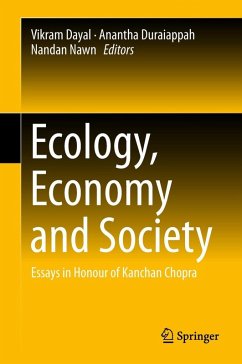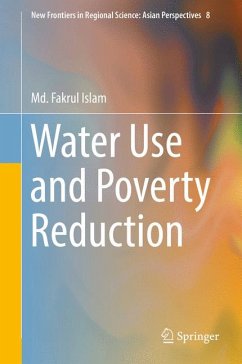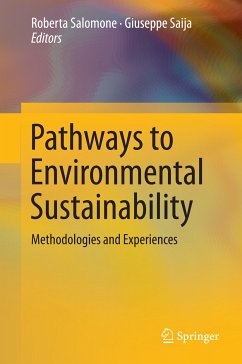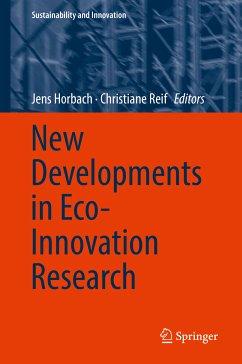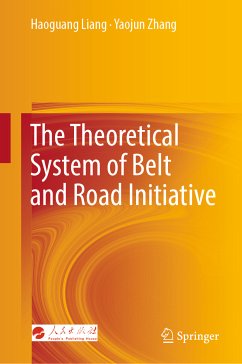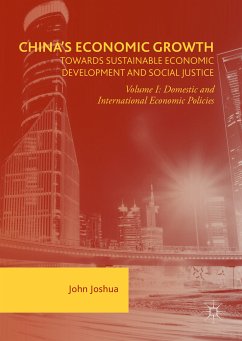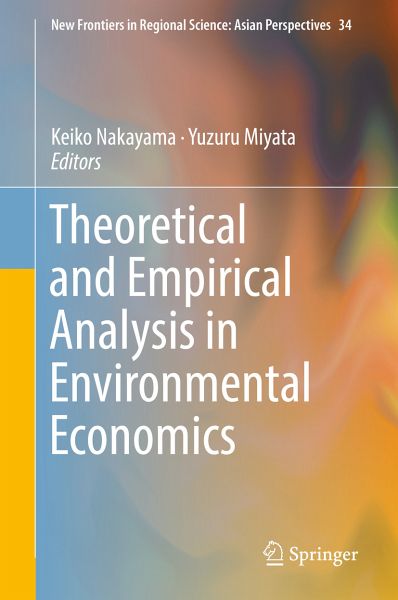
Theoretical and Empirical Analysis in Environmental Economics (eBook, PDF)
Versandkostenfrei!
Sofort per Download lieferbar
80,95 €
inkl. MwSt.
Weitere Ausgaben:

PAYBACK Punkte
40 °P sammeln!
This monograph presents potential remedies for some of the current environmental issues in developed countries in a theoretical or empirical manner with the interdisciplinary approaches of economics, statistics, and engineering. The book illustrates effective economic and environmental policies for environmental challenges and factors where corrective policies to date may have failed. The importance of this essential book has is related to the transition in the major concerns of the people or governments in developed countries shifting from economic growth to the stability of life and environm...
This monograph presents potential remedies for some of the current environmental issues in developed countries in a theoretical or empirical manner with the interdisciplinary approaches of economics, statistics, and engineering. The book illustrates effective economic and environmental policies for environmental challenges and factors where corrective policies to date may have failed. The importance of this essential book has is related to the transition in the major concerns of the people or governments in developed countries shifting from economic growth to the stability of life and environmental preservation as their economies have matured.
The environmental issues dealt with here include forest environment tax introduced as part of local taxes, air pollution reduction policies for mobile emission sources, introduction of renewable energies and power fuel cell technology, the mechanism of city agglomeration and dispersion, and measurement of environmental sustainability. In analytical methods, some research employs theoretical approaches such as the mathematical economic model or nonlinear dynamic model. Other analyses are implemented with empirical or statistical tools such as the long-run general equilibrium model, the input-output model, and the dynamic optimization model, among others.
Dieser Download kann aus rechtlichen Gründen nur mit Rechnungsadresse in A, B, BG, CY, CZ, D, DK, EW, E, FIN, F, GR, HR, H, IRL, I, LT, L, LR, M, NL, PL, P, R, S, SLO, SK ausgeliefert werden.



